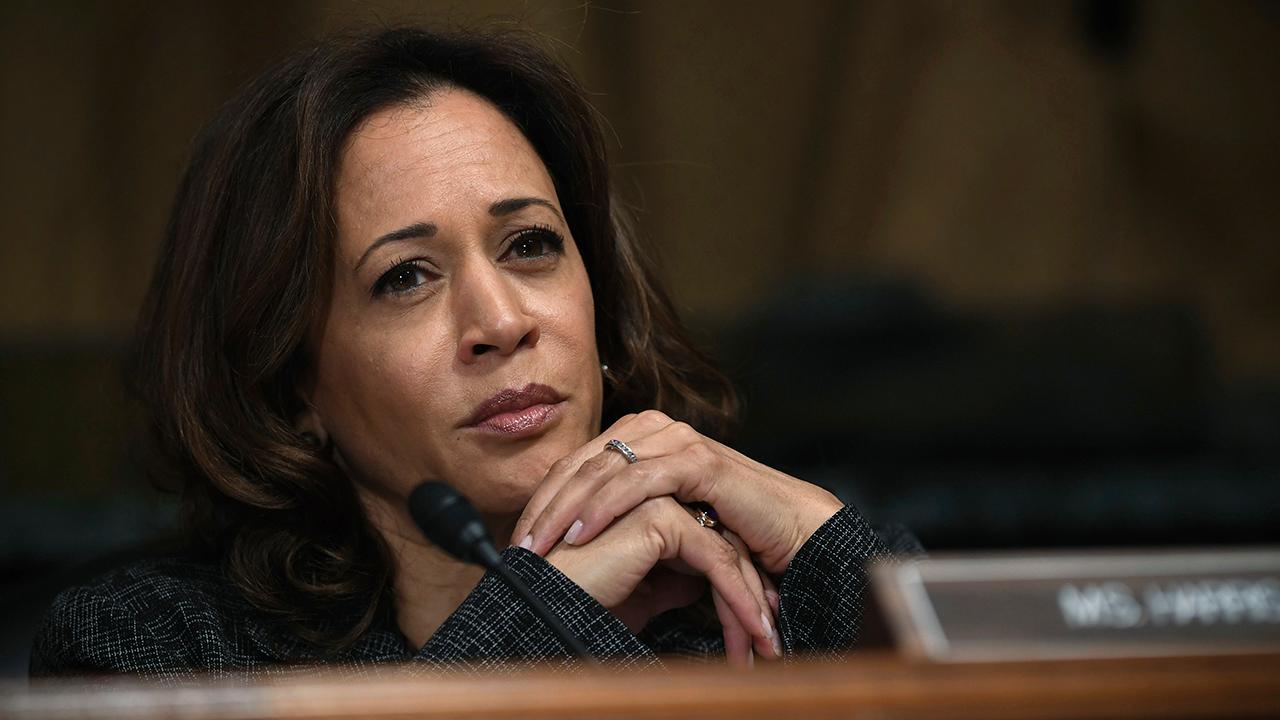Kamala Harris' plan to eliminate private insurance: What to know
California Sen. Kamala Harris – who has announced her candidacy for the 2020 presidentialelection – voiced support for a Medicare-for-all system that would potentially eliminate the entire private insurance market.
A Medicare-for-all system would extend coverage of the government-run program – which currently only covers the elderly – to everyone.
Eliminating the private health insurance industry would likely lead to job cuts. While a plan floated by Independent Vermont Sen. Bernie Sanders in 2017 provided a pathway to transition workers out of the sector – it is unlikely to account for every worker in the market.
As of 2017 there were nearly 500,000 health insurance employees, according to the Bureau of Labor Statistics.
The many businesses that support the insurance market could also be put out of business.
Doctors and hospitals may face pay cuts, according to a 2017 analysis from The New York Times, since the government-sponsored program typically pays less for services than private companies.
Costs associated with such a program are likely to be steep. While there are a range of predictions, Bernie Sanders’ 2017 bill was estimated to cost as much as $32 trillion over the course of a decade by the libertarian Mercatus Center at George Mason University. Other estimates, however, have been lower.
Nearly 160 million people currently obtain their health insurance through their employers. The five largest commercial health insurance companies enroll an estimated 43 percent of the country’s insured population.
For those who buy their coverage on the ObamaCare marketplaces – those exchanges will also be eliminated. It is unclear whether their payments would rise or fall under the new system.
A recent study from the University of Massachusetts-Amherst found that the Medicare-for-all proposal could lower health care costs for middle-income families by anywhere between 2.6 percent to 14 percent of income. For Americans with earnings in the top 20 percent, costs are likely to rise by 3.7 percent. For those in the top 5 percent, they could rise by 4.7 percent of income.
Americans appear somewhat mixed when it comes to their support for Medicare-for-all.
According to a recent poll from the Kaiser Family Foundation, 56 percent of survey respondents said they favored a Medicare-for-all plan. However, support for the plan drops when Americans were faced with prospects of paying higher taxes to fund the system and the elimination of private health insurance companies (only 37 percent favorability for each scenario.) When respondents were asked if they would still support the proposal if it threatened the current Medicare program, only 32 percent remained in favor.
When asked during a CNN town hall on Monday night whether people who liked their insurance would be able to keep it under her vision, Harris responded that the proposal itself would ensure everyone was covered.
“The idea is that everyone gets access to medical care and you don’t have to go through the process of going through an insurance company … let’s eliminate all of that, let’s move on,” she said.
CLICK HERE TO GET THE FOX BUSINESS APP
Former Starbucks CEO Howard Schultz, who floated the prospect of running as a “centrist independent” called the plan “not correct” and “not American.”
Monday marked Harris’ first visit to Iowa as a 2020 contender, an important primary state.




















